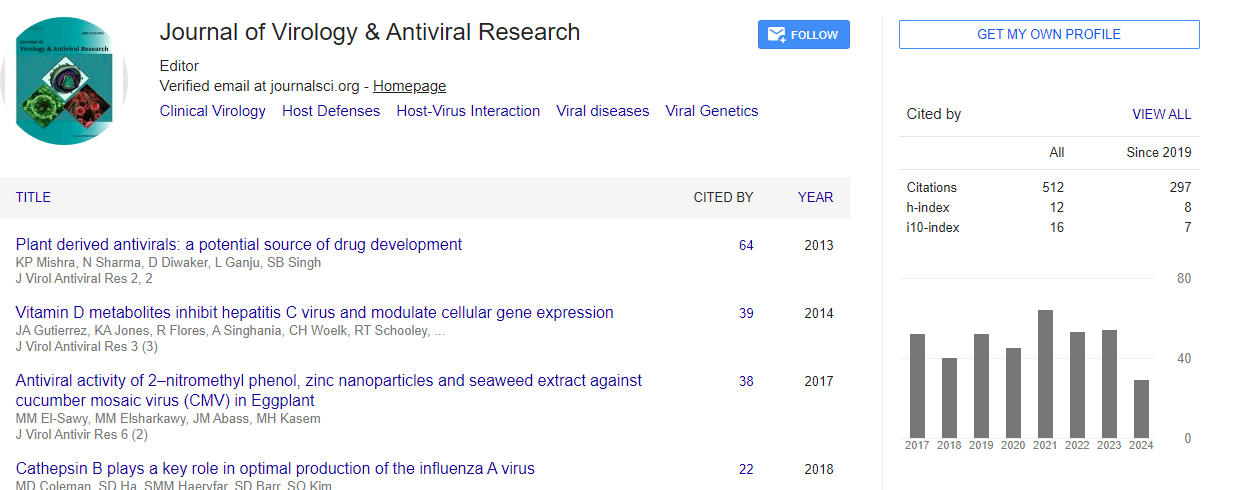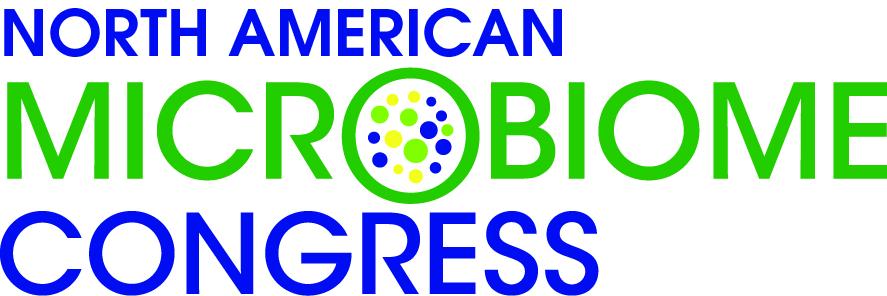Research Article, J Virol Antivir Res Vol: 6 Issue: 2
Assessment of Natural Killer Cell Subsets in HCV Infection and Hepatocellular Carcinoma
| Said S El-Feky1,*, Mahmoud Abd-Elmongy2, Hanady Y Hammad2 and Hanan H Fuaad3 | |
| 1Biochemistry Department, Damanhur National Medical Institute, Egypt | |
| 2High Microbial Biotechnology Department, Genetic Engineering and Biotechnology research Institute, Sadat University, Egypt | |
| 3Biochemistry Department, Faculty of Medicine, Cairo University, Egypt | |
| Corresponding author : Said El-Feky
Damanhur National Medical Institute, Egypt Tel: +20453318222 E-mail: elfekyss@hotmail.com |
|
| Received: February 20, 2017 Accepted: March 10, 2017 Published: March 17, 2017 | |
| Citation: El-Feky SS, Abd-Elmongy M, Hammad HY, Fuaad HH (2017) Assessment of Natural Killer Cell Subsets in HCV Infection and Hepatocellular Carcinoma. J Virol Antivir Res 6:2. doi: 10.4172/2324-8955.1000170 |
Abstract
Aim of work: In this study the NK cell CD markers testing were offer the possibility and potentiality of some types of NK cells to target HCV and HCC immunotherapy.
Background: Natural Killer (NK) cells are important for responding to and destroying cells that have become infected with virus and cancer cells. We evaluated the effects of hepatitis C virus (HCV) only infected patients and HCV-related hepatocellular carcinoma (HCC) of Egyptian cases on peripheral blood NK cell subsets CD56bright and CD56Dim NK cells, CD56dim16+, CD56dim16 and with emphasis on the CD3 cells.
Methods: There are NK subpopulations levels that can easily be distinguished by flow-cytometry as depicted. Results: A significant increase in CD3 HCV patients and HCC were observed compared with healthy control individuals.CD56 subsets were non-significantly elevated in HCV only infected patients, but highly significantly lowered in HCV infected cases that associated with HCC, in addition to HCC cases were recorded decreasing levels for CD56 subtypes. Finally the hallmark of this NK cells dysfunction is persistent activation promoting ongoing hepatitis and hepatocytes damage which contribute to the progression of HCC, while being unable to clear HCV due to impaired IFN- γ response.
Conclusions: Testing of NK cell subtypes will offers the possibility and potential to target HCC by immunotherapy and personalizing immunotherapy theory in different tumors.
 Spanish
Spanish  Chinese
Chinese  Russian
Russian  German
German  French
French  Japanese
Japanese  Portuguese
Portuguese  Hindi
Hindi 

